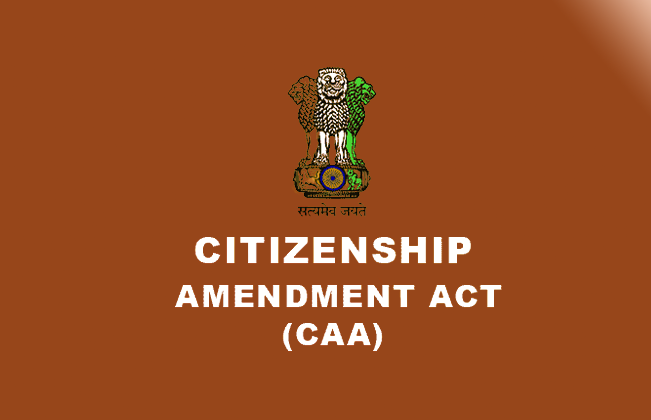The Citizenship Amendment Act (CAA) is a controversial law that was passed by the Indian parliament in December 2019. The law amends the Citizenship Act of 1955 and aims to provide citizenship to refugees from neighboring countries who are of Hindu, Sikh, Buddhist, Jain, Parsi, or Christian origin. The CAA has been criticized by many as being discriminatory towards Muslims, as it excludes them from the list of eligible religions. This has led to widespread protests across the country, with many people questioning the constitutionality of the law.
The CAA provides a pathway to citizenship for illegal immigrants from Pakistan, Afghanistan, and Bangladesh who are of Hindu, Sikh, Buddhist, Jain, Parsi, or Christian origin. The law states that such immigrants who have entered India on or before December 31, 2014, will be granted Indian citizenship. This provision excludes Muslims, who are not mentioned in the list of eligible religions. Critics of the law argue that it is unconstitutional as it violates the secular principles enshrined in the Indian constitution, which guarantees equality and non-discrimination on the grounds of religion.
The CAA has been met with widespread protests across India, with many people taking to the streets to voice their opposition to the law. The protests have been particularly intense in the northeastern states of Assam, Tripura, and Meghalaya, where people fear that the law will lead to an influx of Hindu refugees from Bangladesh, which could alter the demographics of the region. In these states, the protests have been largely led by indigenous groups who have been fighting for their rights and autonomy for many years.
The CAA has also been criticized by the international community, with many countries expressing concern over the law’s potential impact on India’s secular fabric. The United Nations has called on India to ensure that the law is in line with its international human rights obligations, and several countries, including the United States and the United Kingdom, have issued travel advisories cautioning their citizens about traveling to India due to the ongoing protests.
Supporters of the CAA argue that it is necessary to protect the interests of persecuted minorities in neighboring countries who have nowhere else to go. They argue that the law is not discriminatory as it does not take away the citizenship of any existing Indian citizen, including Muslims. They also point out that the law does not prevent Muslim refugees from seeking citizenship through the normal process, which involves a long wait and several hurdles.
However, critics argue that the CAA is a thinly veiled attempt by the Hindu nationalist government of India to marginalize the Muslim minority in the country. They argue that the law is part of a broader agenda to create a Hindu nationalist state where Muslims are treated as second-class citizens. They also point out that the law is likely to be used in conjunction with the proposed National Register of Citizens (NRC), which would require all Indian citizens to prove their citizenship with documentary evidence. Critics fear that the NRC, coupled with the CAA, could lead to the disenfranchisement of millions of Indian Muslims, who may not have the necessary documents to prove their citizenship.
The protests against the CAA have been met with a heavy-handed response from the Indian government, with many protestors being arrested and charged with sedition. There have also been reports of police brutality, with several protestors being injured and even killed in clashes with the police. The Indian government has defended its response, stating that it is necessary to maintain law and order and to prevent violence.
![]()





